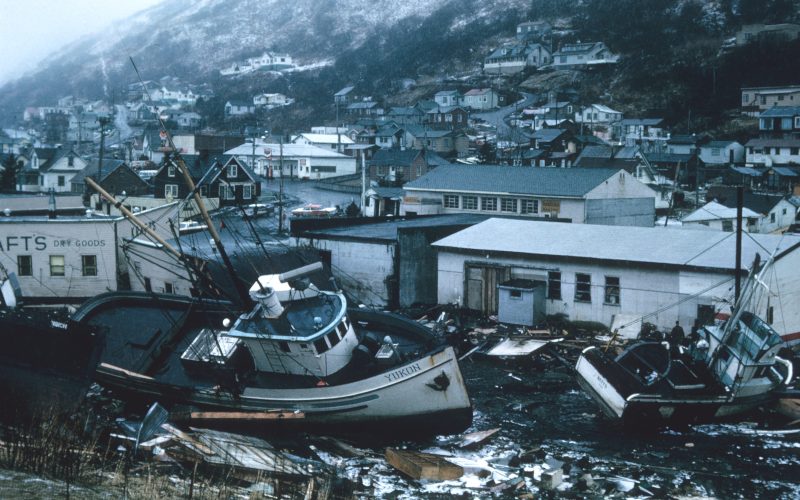In times of crisis, effective communication is crucial for managing the situation and minimizing its impact. Government leaders have a unique responsibility to communicate with the public during times of crisis, and their actions and words can have a significant impact on the outcome. In this article, we will explore the role of communication in crisis management and examine some lessons that can be learned from government leaders.
The Importance of Communication in Crisis Management
During a crisis, people are often scared, confused, and looking for guidance. Effective communication can help to calm fears, provide clarity, and give people a sense of direction. It can also help to prevent misinformation and rumors from spreading, which can exacerbate the crisis.
In addition to its impact on the public, communication is also critical for coordinating the response to the crisis. Government leaders need to communicate with each other, with emergency responders, and with other stakeholders to ensure that everyone is on the same page and working towards the same goals.
Lessons from Government Leaders
1. Be Transparent and Honest
One of the most important lessons that can be learned from government leaders is the importance of transparency and honesty. During a crisis, people want to know what is happening, why it is happening, and what is being done to address it. Government leaders who are transparent and honest in their communication can build trust with the public and help to prevent rumors and misinformation from spreading.
2. Provide Clear and Consistent Messaging
Another lesson that can be learned from government leaders is the importance of clear and consistent messaging. During a crisis, people are bombarded with information from a variety of sources, and it can be difficult to separate fact from fiction. Government leaders who provide clear and consistent messaging can help to cut through the noise and provide people with the information they need to make informed decisions.
3. Use Multiple Channels of Communication
Government leaders also need to use multiple channels of communication to reach the public during a crisis. While traditional media outlets like television and radio are still important, social media and other digital channels have become increasingly important in recent years. Government leaders who use a variety of channels to communicate can reach a wider audience and ensure that their message is heard.
4. Show Empathy and Compassion
Finally, government leaders need to show empathy and compassion during a crisis. People who are affected by a crisis are often going through a difficult time, and they need to know that their leaders understand and care about their situation. Government leaders who show empathy and compassion can help to build trust with the public and create a sense of unity and solidarity.
Conclusion
In conclusion, effective communication is critical for managing a crisis, and government leaders have a unique responsibility to communicate with the public during these times. By being transparent and honest, providing clear and consistent messaging, using multiple channels of communication, and showing empathy and compassion, government leaders can help to minimize the impact of a crisis and build trust with the public.











